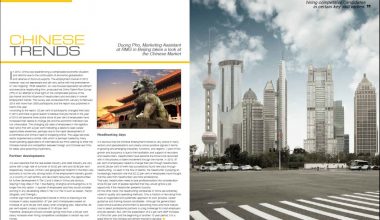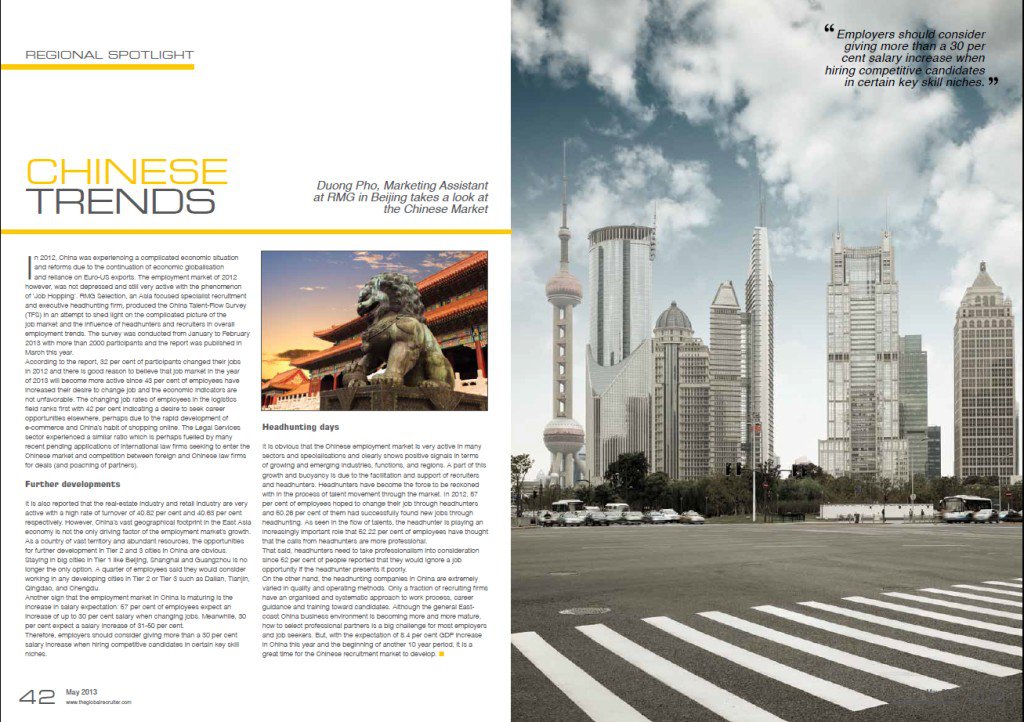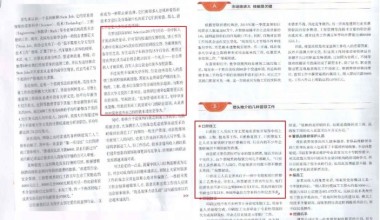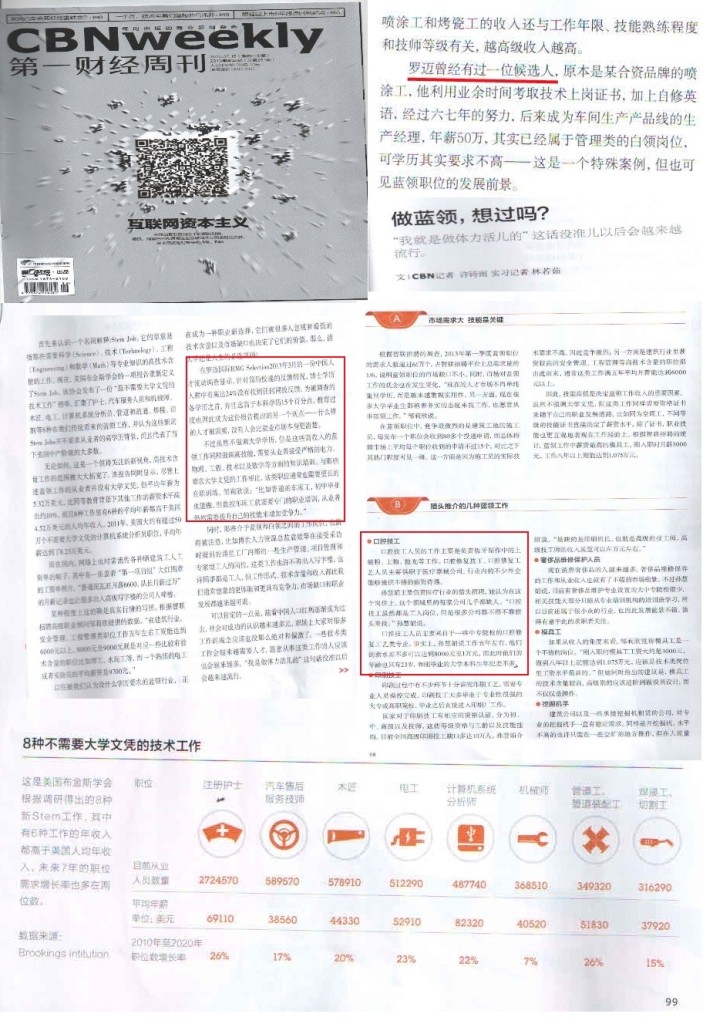Logistics & shipping, one of the world’s most turbulent and fast-changing industries, highly dependent on global economic situations and international relationships.
Many of you might (maybe nostalgically) remember how Rotterdam, once unarguably the world’s largest port, in just a few years (2004-2007) was overtaken by Shanghai, Ningbo, Singapore and Shenzhen while closely followed by Qingdao, Guangzhou and Tianjin. With Asia as the rising star, the sky was the limit for the global logistics industry. Nothing but a major economic disaster could stop an ongoing exponential growth. And guess what happened…
After 2008, the industry became less optimistic. Third party logistics, from origin a European and American invention, is now witnessing a diminishing world demand, while competition remains stiff and heavily price-oriented. With a double digit growth in ocean freight forwarding in 2012, things might not be as hopeless as many industrial professionals claim it to be. However, it is clear that market conditions have changed and it is now up to the industry to show her flexibility.
The major challenge for the Logistics&shipping industry during this economic downturn is not so much surviving but rather adapting to changing global circumstances. The future remains uncertain, but current trends start to unveil the new global 3PL platform e.g.:
- The rise of Intra-Asia as a major trade area.
- The emergence of China as a mature consumer market with domestic production and sales.
- The transfer of production sites to West China and other countries in SE Asia.
- The remarkable growth of trade amongst developing countries.
- China’s proactive overseas investment strategy including large-scale infrastructure projects in Africa, South America and Asia..
- The increasing global popularity of Chinese brands such as COFCO, Huawei and Lenovo.
Many industrial players already started to adapt; investing in new trade lanes, project services and warehousing&transportation within Asia. These new trends by no means indicate that Western-based companies should abandon their home-advantage and go all-in for Asia. However, China already has become the second market for most forwarders and carriers, while for many it will be hard to deny that China has become their single largest cash cow.
Ruben van den Boer, Logistics Recruitment Specialist, RMG Selection [email protected] or [email protected] or call +86 10 5896 2288.



